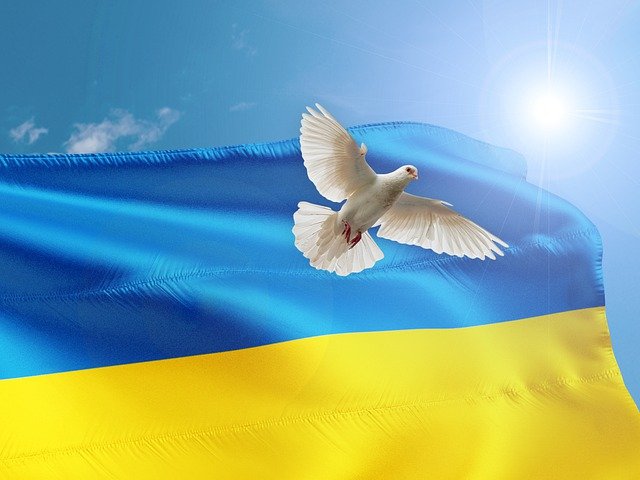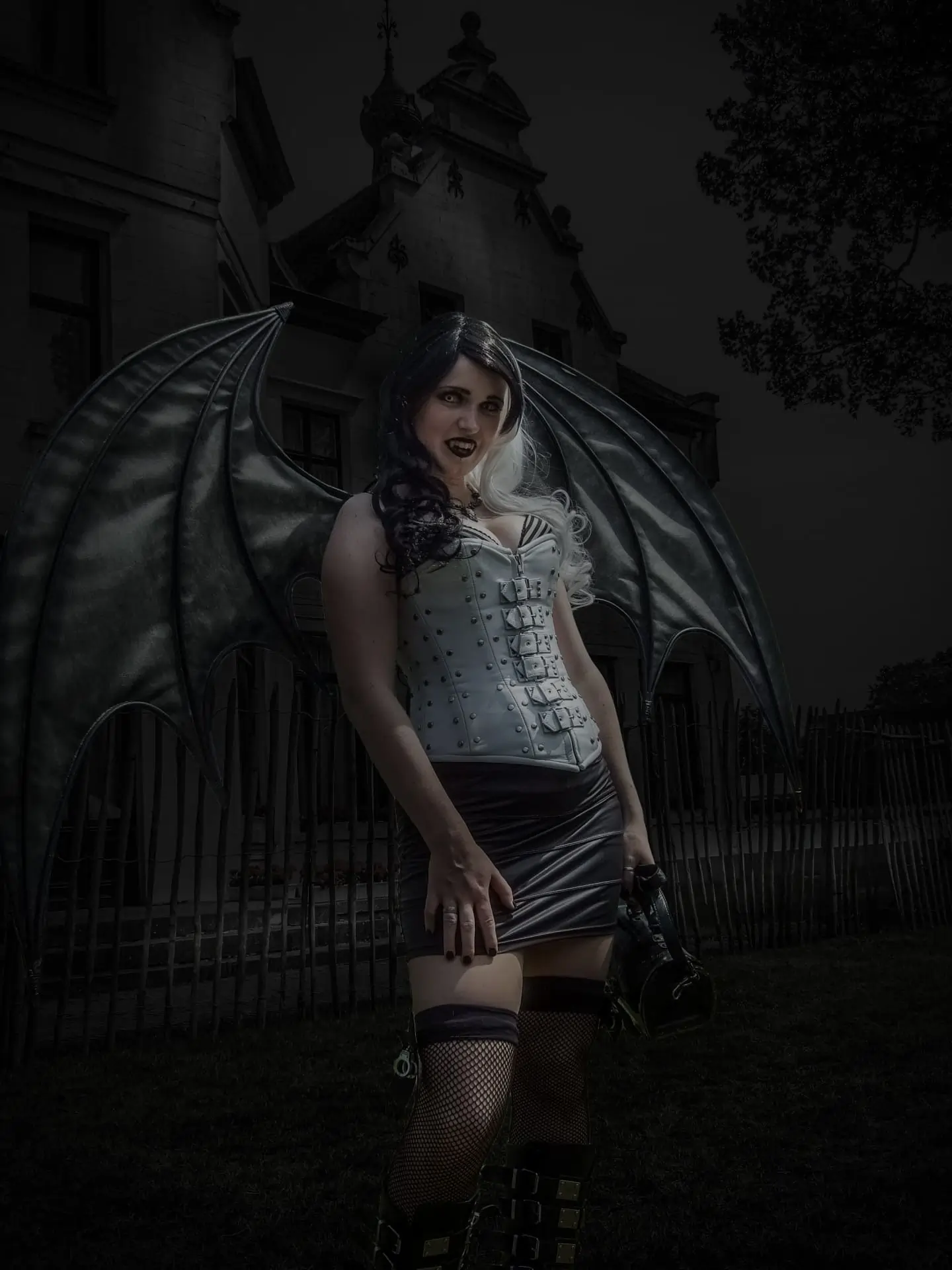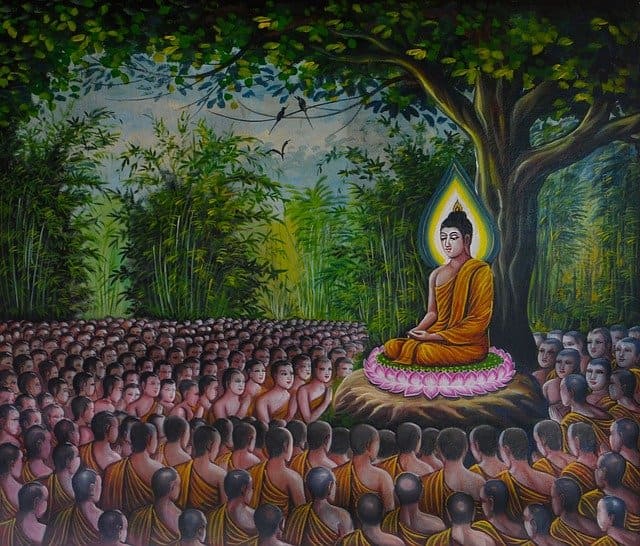
Russia began a full-scale invasion of Ukraine on 24 February 2022, in an escalation of the Russo-Ukrainian War that began in 2014. The invasion is the largest conventional military attack in Europe since World War II.
After the Ukrainian Revolution of Dignity in 2014, Russia annexed Crimea, and Russian-backed separatist forces seized part of the south-eastern Ukrainian region of the Donbas, launching an ongoing war in the region. In March 2021, Russia began assembling military forces along the Russia–Ukraine border, creating the 2021–2022 Russo-Ukrainian crisis. By early 2022, Russian President Vladimir Putin was espousing Russian irredentist views, questioning Ukraine's right to statehood, accusing NATO of threatening Russia, and demanding that Ukraine be permanently barred from joining the alliance. Putin also began to float various purported casus belli; for example, he baselessly accused Ukraine of committing genocide against its Russian-speakers. The United States and others accused Russia of planning to invade Ukraine, and Russian officials repeatedly issued denials as late as 20 February 2022.
On 21 February 2022, Putin recognised the Donetsk People's Republic and the Luhansk People's Republic, two self-proclaimed states controlled by pro-Russian separatists in Donbas. The next day, the Russian Federation Council unanimously authorised use of military force, and Russian soldiers entered both territories. On 24 February, about 05:00 EET (UTC+2), Putin announced a "special military operation", allegedly to "demilitarise and denazify" Ukraine. Minutes later, missiles struck places across Ukraine, including Kyiv, the national capital. The Ukrainian Border Guard reported attacks on posts bordering Russia and Belarus. Shortly afterwards, Russian Ground Forces entered Ukraine, prompting Ukrainian President Volodymyr Zelenskyy to enact martial law and general mobilisation.
The invasion received widespread international condemnation. Many countries imposed new sanctions, triggering a Russian financial crisis. Protests broke out around the world, including in Russia, where protestors have been met with mass arrests and the Russian government has increased its repression of independent media. Some companies have started to boycott Russia and Belarus. Various countries have given humanitarian and military aid to Ukraine.
Citing these new sanctions and "aggressive statements", Putin on 27 February placed Russia's nuclear forces on higher alert, raising tensions between the West and Russia and increasing fears of a nuclear war.
The invasion has caused Europe's largest refugee crisis since World War II; in just the first week, more than one million people fled Ukraine.
| Rubrique | Titre | Thème | Date de publication |
|---|---|---|---|
| Rubrique | Titre | Thème | Date de publication |





















